Our unhappy childhood catches up with us pretty fast. But sadly, we wake up to the signs of childhood trauma, much later. Is it too late to be happy? Read on to know the truth!
Childhood experiences build the foundation of an individual’s mental, emotional, and behavioral structure.
During our formative years, when our brain is still learning to process concepts like trust, care, dependency, love, etc., the information that gets fed into it becomes the basis on which our brain develops our personality; our personal programming, if you will.
This programming dictates everything; our belief system, tendencies, quirks, thought process, behavior, reactions, and most importantly, attachment styles – how we develop relationships with others, as adults.
Now, if, as vulnerable children, we get exposed to abuse, neglect, abandonment, or any such adverse experiences, especially in a systematic or prolonged fashion, and in the hands of our primary caregivers, our brain gets wired in a wrong way.
We get traumatized. We learn (well, our brain learns) that we cannot depend on anyone for our comfort, security, or well-being. We learn to devise negative coping systems, like escapism or people-pleasing to get our needs met. And it doesn’t end here.
Adverse childhood experiences (ACEs), including abuse, neglect, and unstable environments, can lead to long-lasting psychological effects.
One of the most severe consequences is Complex Post-Traumatic Stress Disorder (C-PTSD), a condition that persists into adulthood and affects every aspect of life.
Today, let’s try to understand how Complex PTSD or Childhood PTSD manifests in our adult life, how it can be identified, and how to be happy after a significantly bad or unhappy childhood.
Read: 7 Warning Signs Of Unresolved Childhood Trauma In Adults: Recognizing The Invisible Scars
What is Complex PTSD?
Complex PTSD (C-PTSD) is a chronic condition that develops due to prolonged exposure to traumatic events, particularly those occurring in childhood.
Unlike traditional PTSD, which often results from a single traumatic incident, C-PTSD stems from repeated trauma over time, such as emotional, physical, or sexual abuse, neglect, or witnessing domestic violence.
Childhood trauma in adults manifests many ways, including emotional dysregulation, persistent negative self-perception, and difficulties in relationships. We will get into these in a jiffy, but before that let’s clear some core concepts, shall we?
If at any point, you feel triggered or overwhelmed, please take a break to regroup, calm your nervous system by grounding yourself, and/or talk to a loved one. Resume once you’re ready, okay?

What is Childhood Trauma?
Childhood trauma refers to distressing events that occur during early developmental years, causing significant emotional and psychological harm.
These events include physical, emotional, or sexual abuse, neglect, parental substance abuse, domestic violence, or separation from caregivers.
Such experiences disrupt a child’s sense of safety and security, leading to lasting consequences in adulthood.
How Unhappy Childhood or Adverse Childhood Experiences (ACE) Lead to Complex PTSD or Childhood PTSD
An unhappy childhood affects the quality of adult life if not addressed. Unresolved childhood trauma in adults can alter brain development, particularly in areas responsible for emotional regulation, memory, and stress response.
Prolonged exposure to adversity rewires the nervous system, making individuals more susceptible to anxiety, depression, emotional instability, and dysfunctional relationships. Without proper intervention, these effects carry into adulthood, manifesting as C-PTSD.
So, what are some symptoms of childhood trauma in adults?
Effects of Childhood Trauma
Here’re some most visible unhappy childhood effects:
- Mental Health Challenges
Anxiety and Depression: Increased risk of anxiety disorders, panic attacks, and persistent depressive states.
Post-Traumatic Stress Disorder (PTSD): Flashbacks, nightmares, and persistent emotional distress related to past trauma.
Difficulty with Emotional Regulation: Struggles with controlling emotions, leading to emotional outbursts or numbness.
Low Self-Esteem: Feelings of worthlessness, inadequacy, and difficulty trusting oneself.
Suicidal Ideation or Attempts: Severe cases may lead to thoughts of suicide or self-harm.
Dissociation: A sense of detachment from reality or one’s own body as a coping mechanism.
- Emotional Issues
Intrusive Memories or Flashbacks: Vivid, distressing memories that feel like reliving the trauma.
Difficulty with Anger Management: Trouble expressing anger in a healthy way.
Feeling Numb or Detached: Emotional disconnect from oneself and others.
- Relationship Difficulties
Fear of Intimacy: Difficulty forming healthy relationships due to fear of abandonment or rejection.
Trust Issues: Struggles in trusting friends, family, and romantic partners.
Boundary Problems: Challenges in setting or maintaining personal boundaries.
Codependency: Over-reliance on others for validation and emotional stability.
- Behavioral Problems
Substance Abuse: Use of drugs or alcohol to numb emotional pain.
Self-Destructive Behaviors: Engaging in risky or harmful behaviors, such as self-harm.
Avoidance Behaviors: Avoiding places, people, or situations that trigger traumatic memories.
Hypervigilance: Constantly being on high alert for potential threats.
Difficulty with Everyday Tasks: Struggles with concentration, memory, and maintaining responsibilities.
Eating disorder: Eating too little or too much, developing an unhealthy relationship with food.
Read: Childhood Trauma And Eating Disorders: Shocking Facts You Must Know
- Physical Symptoms
Chronic Pain: Persistent pain, headaches, and digestive issues linked to trauma.
Sleep Disturbances: Insomnia, nightmares, or difficulty staying asleep.
Are you suffering from the lingering effects of an unhappy childhood? You might not realize, but some of the patterns that keep emerging in your life have their source in your dysfunctional childhood.
Look for the signs mentioned below to know whether your childhood trauma is sabotaging your life and relationships!
Now, let’s get into the signs of repressed childhood trauma in adults in detail!
10 Alarming Signs of Childhood Trauma

Here’re the signs your unhappy childhood is still influencing your life:
1. Unhealthy Attachments
Kids who go through a traumatic childhood, often develop unhealthy relationships and attachments.
Either they become avoidant, who run away from commitment and emotionally charged situations, and have trouble expressing themselves, OR they become anxious in relationships, act clingy, and often over share their feelings too soon.

Developing unhealthy relationship dynamics are one of the most commonly found signs of childhood trauma in adults.
2. Resistance to Accepting Help OR Excessive Dependency
Depending on the attachment style, people with an unhappy childhood and childhood trauma, either become too self-reliant or excessively dependent on others for validation and support.
Do you hate asking for help? Or do you feel you cannot depend on anyone? Maybe you were neglected or left on your own too often as a child, and you learned that it’s not safe to depend on others for your well-being.
Or maybe you had to navigate your way with parents who controlled your every move, and now you have a compulsive need to seek validation or confirmation from others, and cannot become a fully functioning adult.
3. Difficulty Managing Emotions
Managing your emotions, especially the difficult ones, feels tough. If you often struggle with anger, frustration, or stress, and cannot process them in a healthy way, you might be still reeling from the residual effects of your unhappy childhood.
You might wonder how someone can deal with stress or handle rejection so well; how some people express their displeasure in a thoughtful way and their concern gets noticed and addressed. Whereas you either keep everything to yourself or have a meltdown.
People who were exposed to ACEs often have difficulties processing and channeling their difficult emotions through positive outlets.
Why? Because they were never taught how to do it and chances are whenever they expressed their feelings, they were either ignored or ridiculed or punished.
4. Impulse Control Problems
As a child, if you had to keep your emotions under control all the time, you might tend to lose impulse control ability as an adult.
Children who were deprived, who had to repress their feelings, often grow up into adults who give knee-jerk responses to everything.
Have you ever regretted hitting “Send” to a message to an ex? Or think you cannot manage your financial choices like an adult? You’re not alone! This is one of the most relevant signs of unresolved childhood trauma in adults.
5. Perfectionist Tendencies
When, as a child, you have a grown-up breathing down your neck all day long, nitpicking your every work, and criticizing or punishing you, when you fail, you can develop perfectionist tendencies.
As an adult you forget to enjoy the pleasure of just doing something for passion or enjoyment. You take everything too seriously and become highly strung.
At the back of your mind, it always goes on “You cannot fail”, “You have to do this right”, or “Everyone will make fun of you if you can’t get it straight”. Perfectionism becomes the bane of your happiness.
6. Overthinking or Over-explaining Yourself
As a child, if you were chastised too often, and even for no good reason, you can develop a habit of over-explaining yourself or overthinking small things.
You fear something you said or done can upset someone, so you go out of your way to apologize or explain why you said or did something.
Also you keep overthinking minor things as in your head you can think of a hundred ways in which something can go wrong. A slight or a comment made casually can keep you up at night, fretting and tossing and turning in bed.
7. Imposter Syndrome
If you were always criticized or made to feel worthless as an impressionable child, chances are, as a grown-up you still struggle with seeing your worth.
You have a hard time accessing your abilities and are often ridden with self-doubt and fear of failure, be it in work or relationships. As a result, you tend to push yourself to the point of exhaustion, trying to make everyone happy.
8. People-pleasing Behaviors
If you grew up with parents or care-givers who were moody and unstable in nature, you most probably had to do everything in your power to keep them happy, for the sake of your own well-being.
And now, you cannot get out of this compulsive behavior; you strive to make everyone pleased or your own happiness gets affected. You cannot stand the thought of someone disliking you.
9. Difficulty To Relax
If you grew up in a dysfunctional family, where your parents yelled at each other all the time, or came down heavily on you whenever you behaved in a childlike manner, you can become hyper-vigilant.
You were always expected to behave maturely, in a calm, reserved way, and couldn’t have any fun. Now, all that stress has turned you into an anxious adult who always looks over their shoulder.
Growing up in a stressful environment, you never got to know what safe and stable feels like. So, now, you feel edgy, all the time, unable to relax. It’s surely one of the examples of childhood trauma in adults.
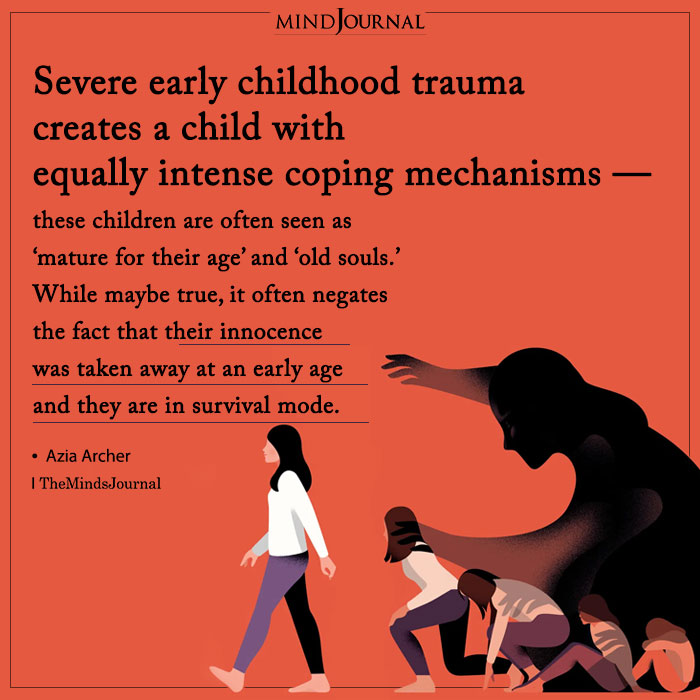
10. Unexplained Physical Ailments
Physical symptoms of childhood trauma in adults are sometimes overlooked. If you suffer from frequent headaches, chronic pain, digestive issues, lack of sleep, or other physical ailments that cannot be explained, you might still have unresolved pain from your unhappy childhood.
Childhood Trauma and Love Addiction/Limerence
Not many talk about this, but the most alarming side effect of childhood trauma or C-PTSD has to be love addiction or limerence.
Kids who grew up without unconditional love and affection from their parents, tend to seek that from a partner, often someone who is an authority figure or someone in a complicated relationship (read married).
Usually, in such cases, the person with an unhappy childhood is looking for an emotional surrogate, someone who can take the place of their parents.
This results in obsessive infatuations, idolization, difficulty maintaining healthy relationships, and dependency on romantic validation.
Sometimes, people with childhood trauma are subconsciously trying to recreate their childhood, maybe because their brain still associates that trauma with love.

Anyway, in most cases, people with signs of childhood trauma fall for unavailable partners who leave them unfulfilled and unsatisfied.
Unresolved childhood trauma can also lead to unhealthy attachment patterns, (discussed earlier) making individuals prolong their relationship woes.
Healing childhood trauma in adults, therefore, is of critical importance. For more information on signs of childhood trauma and limerence, check out the below-given video.
How to Treat Childhood Trauma in Adults
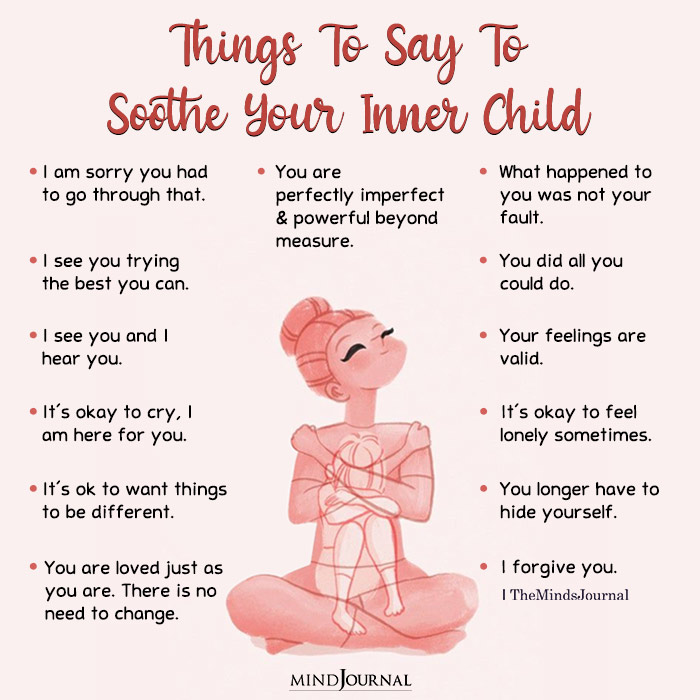
To answer the question with which we began our story today, yes, it is possible to have a happy and fulfilling life, even after a rough childhood. To reclaim your life, you can consider the following tips:
- Acknowledge the pain and dysfunctionality and take measures to heal the wounds.
- Understanding that trauma resides in the non-verbal, emotional part of the brain, adopt body-centered strategies and grounding exercises that can calm emotional distress and aid in healing.
- Rewire and replace distressing memories through guided techniques.
- Seek professional help when needed.
- Alchemize your pain; don’t let it break you
- Transform pain into resilience and passion for life.
- Find meaning in adversity and use it for personal growth.
- Cultivate gratitude and purpose despite past hardships.
- Find happiness outside of relationships, like work or fitness, etc.
- Engage in activities that bring joy and fulfillment.
- Connect with nature more.
- Appreciate small moments of happiness.
- Choose happiness despite life’s difficulties.
Read: 10 Ways To Overcome Childhood Trauma: Grow Beyond Your Childhood Trauma And Reclaim Your Life
How to Help Kids with Childhood Trauma
If you come across a child who shows signs of childhood trauma, you can try the following:
- Encourage open discussions about feelings.
- Validate their emotions and reassure them they are not at fault.
- Maintain honesty when answering their questions.
- Provide a stable, safe, and nurturing environment.
- Stick to a structured daily routine.
- Be patient and allow them to heal at their own pace.
- Seek professional therapy such as cognitive behavioral therapy, play therapy, or family therapy.
A Difficult Past Doesn’t Have To Mean An Unhappy Life
Childhood trauma, when left unaddressed, can lead to lifelong struggles, particularly in the form of Complex PTSD. The struggle is real, but you have to reclaim your life!
Recognizing signs of childhood trauma in adulthood is the first step toward healing. With the right support, therapy, and most importantly, self-awareness, you can break free from the chains of your unhappy past and cultivate a life of resilience, fulfillment, and success.
Frequently Asked Questions (FAQs)
What does childhood trauma look like in adults?
Childhood trauma in adults can manifest as depression, mood disorder, lack of impulse control, unhealthy attachment, negative coping mechanism, and even suicidal ideation.
How do you know if you suffer from childhood trauma?
If you exhibit most of the signs, mentioned in this article, you should consult a mental health professional, who will be able to give a proper diagnosis.
Is it possible to heal childhood trauma?
Yes, with the right support, therapy, and most importantly, self-awareness, it is possible to heal childhood trauma and live a fulfilling life.





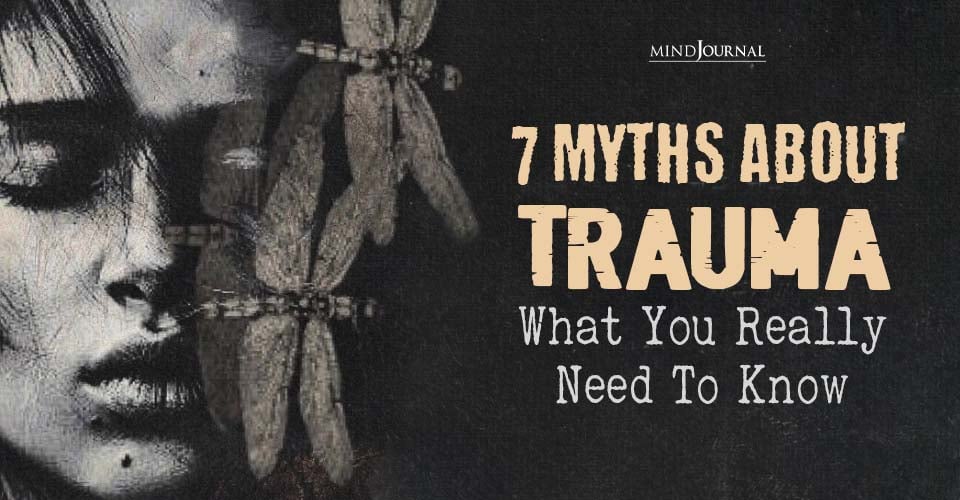
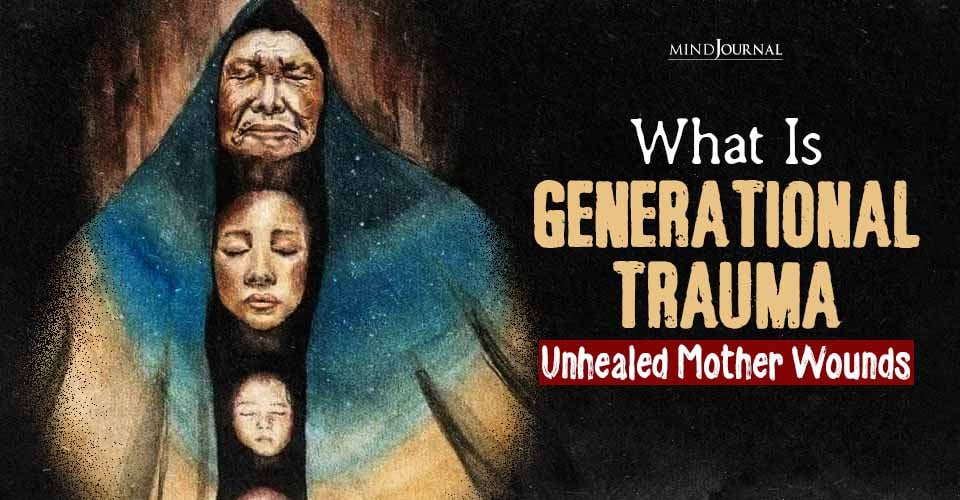
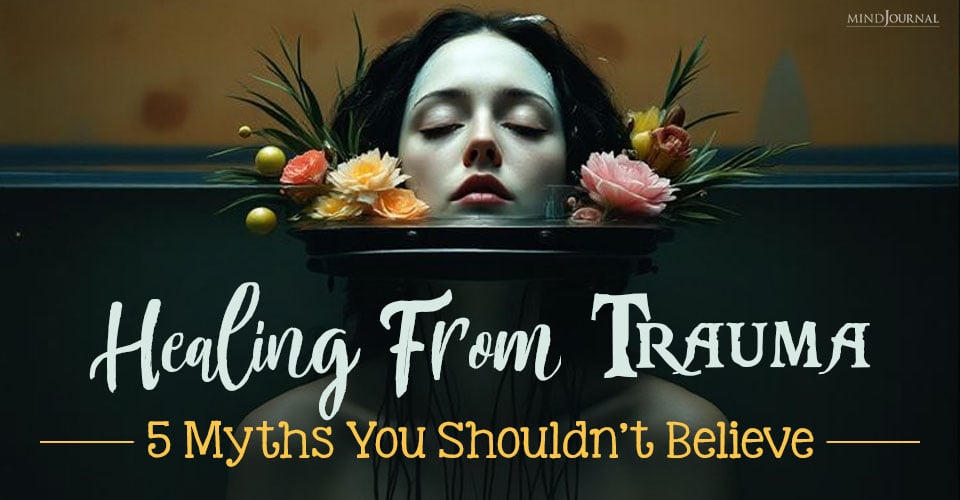
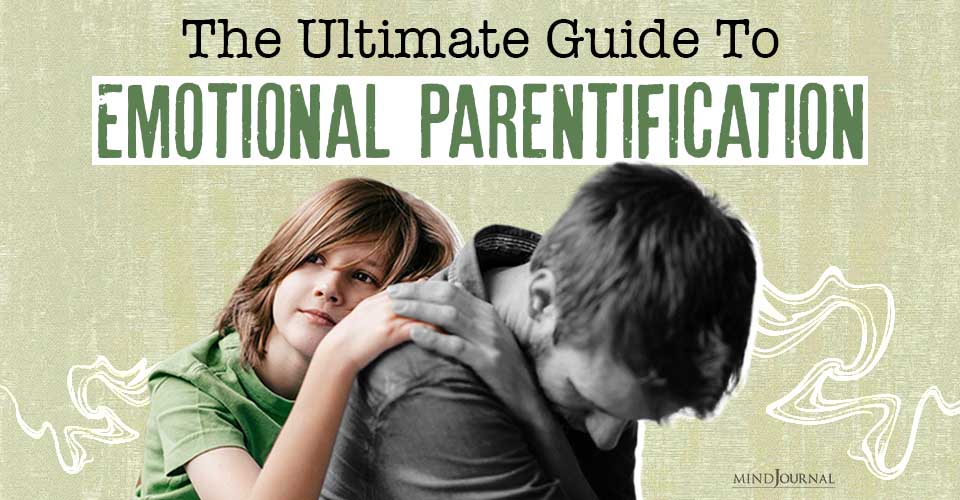
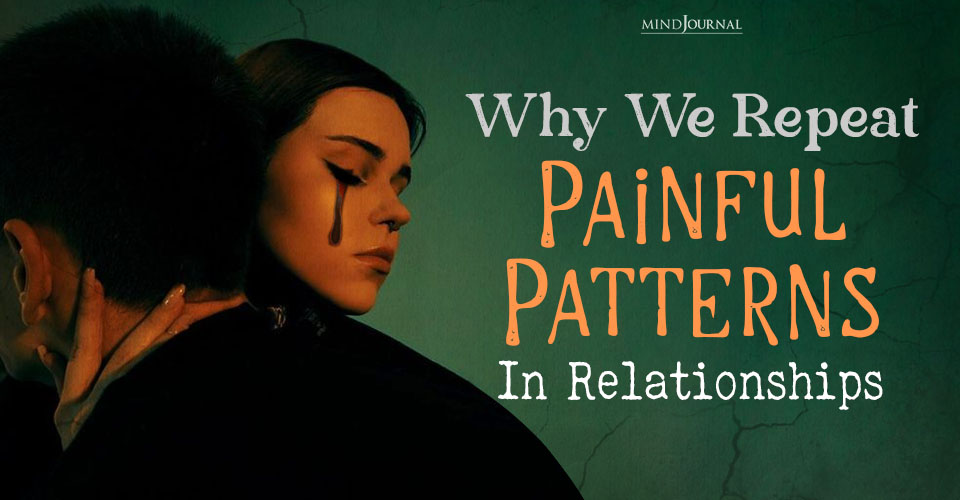
Leave a Reply